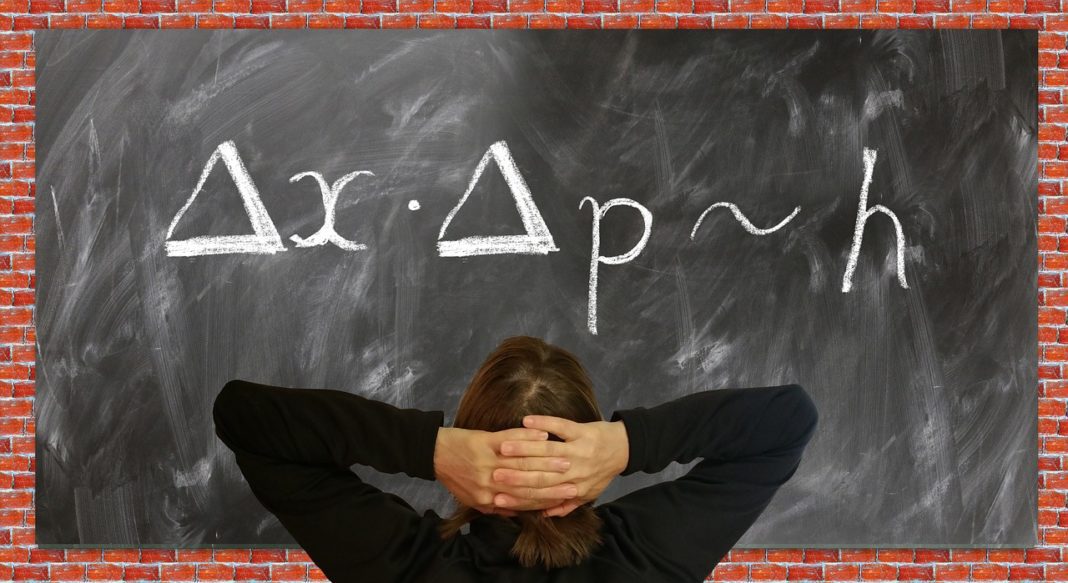There is a lot of confusion about the certainty principle. It’s been misinterpreted by many people, but it’s actually not all that hard to understand as long as you know what it really means.
The uncertainty principle states that there are limits on how precisely we can measure certain pairs of physical properties, such as position and momentum or time and energy.
The second statement is true because uncertainties in the measurement will always come from the system being studied- not from limitations in our measuring devices.
The Uncertainty Principle: Wrong?
Description: According to the uncertainty principle, which of the following statements is true?

If I want to measure an electron’s location exactly, I must also be able to track its speed and momentum, which in turn means that there will always be uncertainty about its energy.
I must also know the electron’s location and speed to measure its momentum accurately, but not knowing these quantities completely makes determining the particle’s energy impossible.
The more precise we want to measure one property of a system, for example, position or time (or any other physical quantity), then the less precisely we can simultaneously measure another property, such as velocity – according to Heisenberg’s Principle of Uncertainty. This is what most people refer to when they talk about “uncertainties”.












